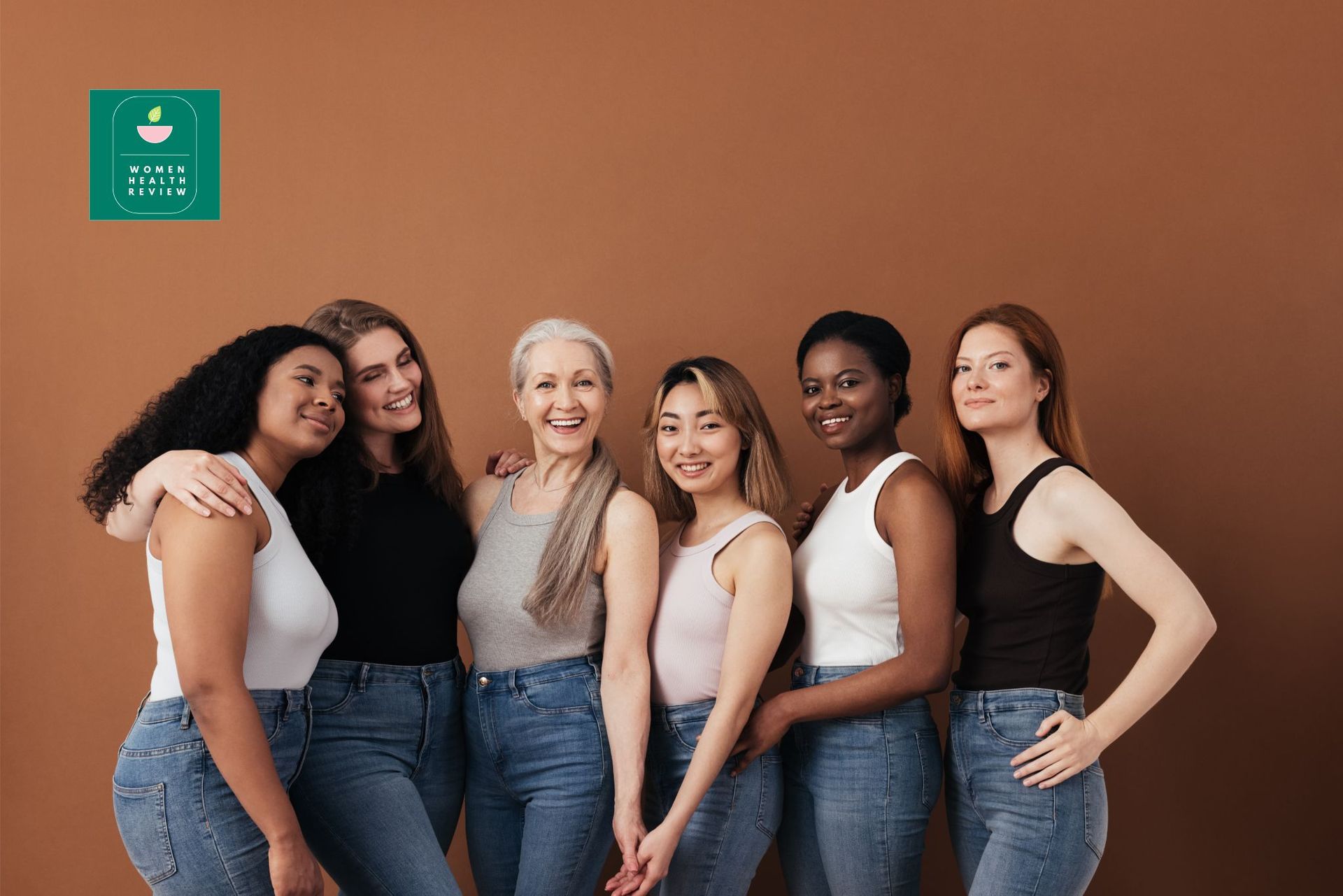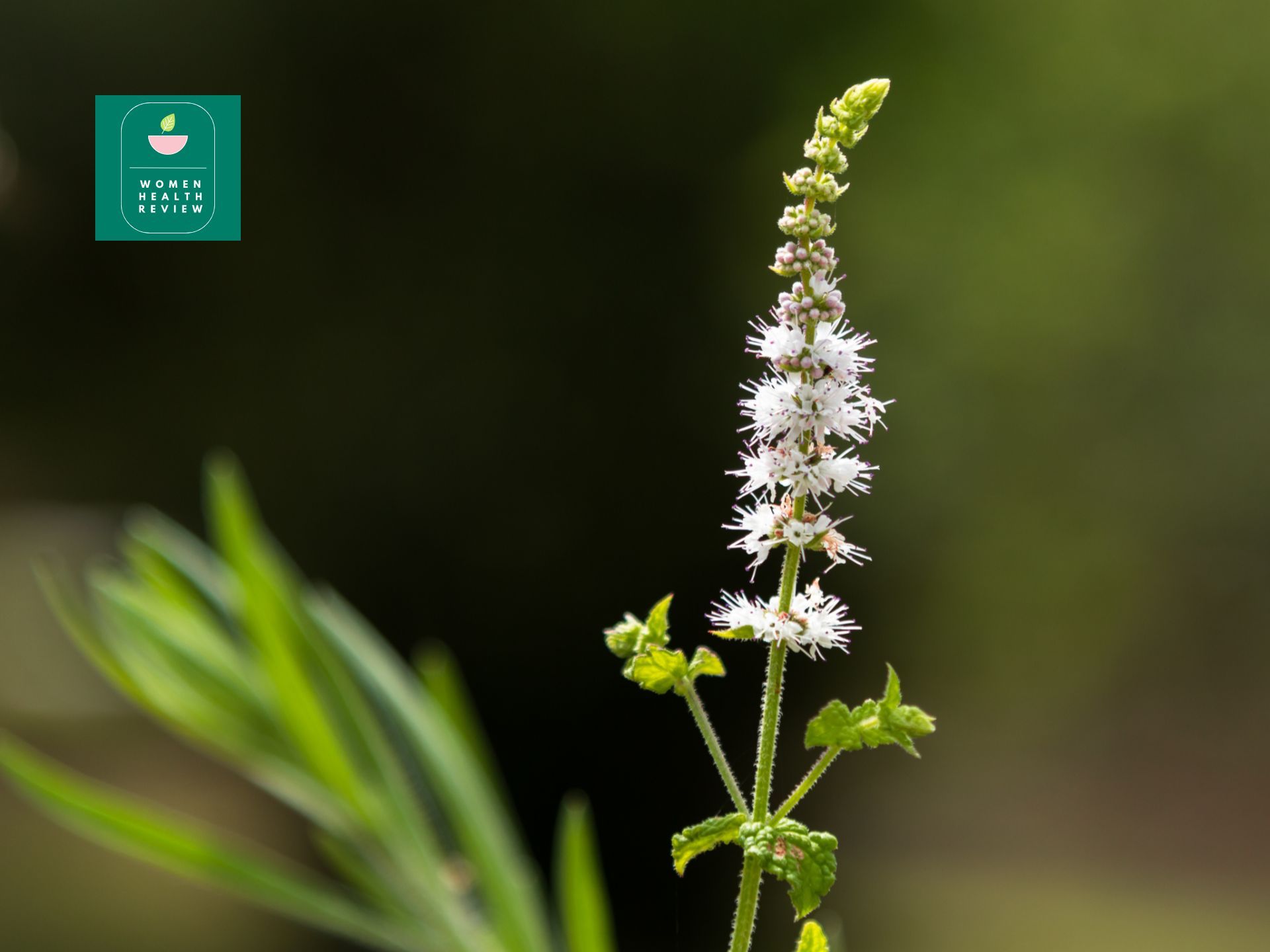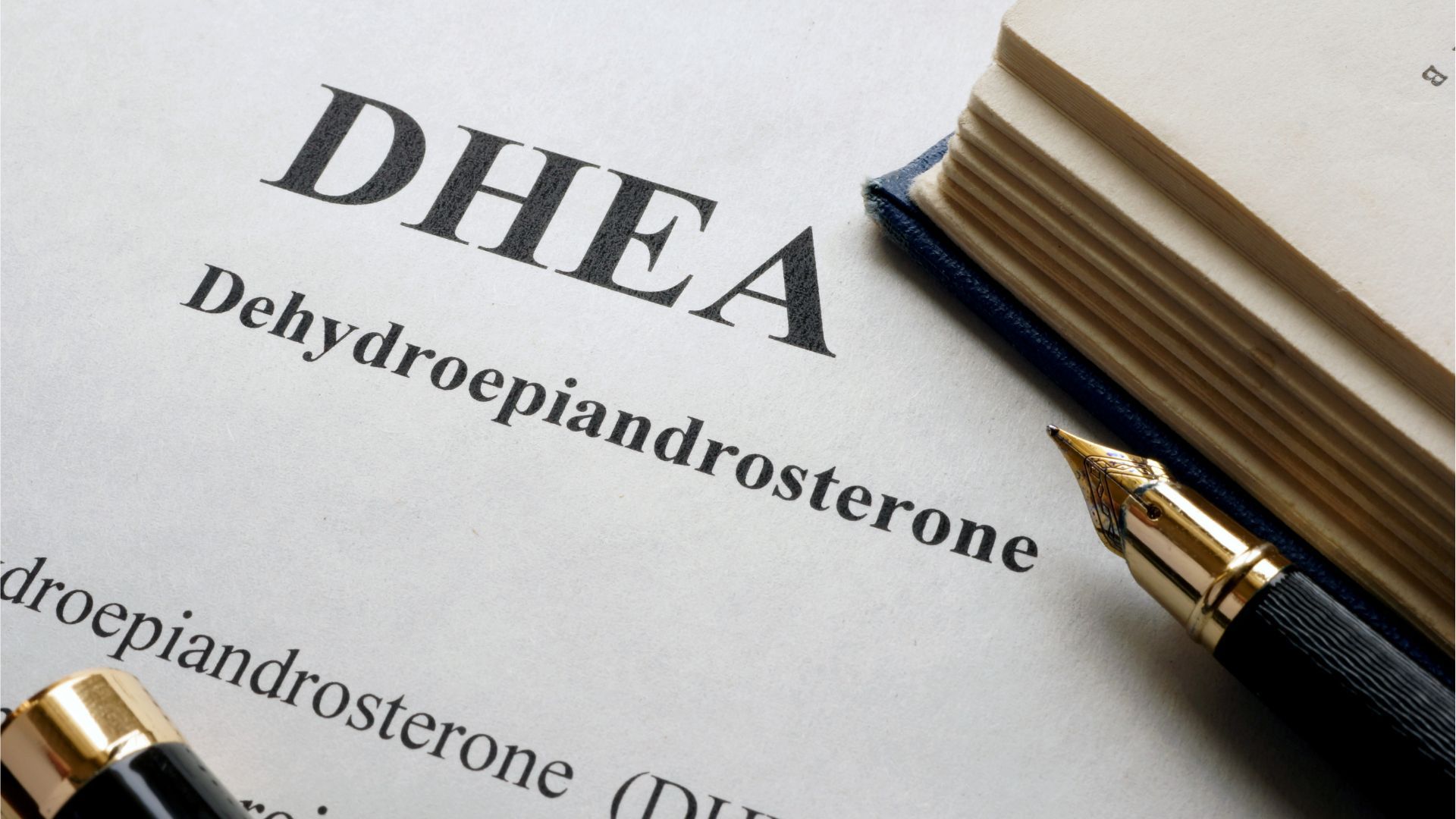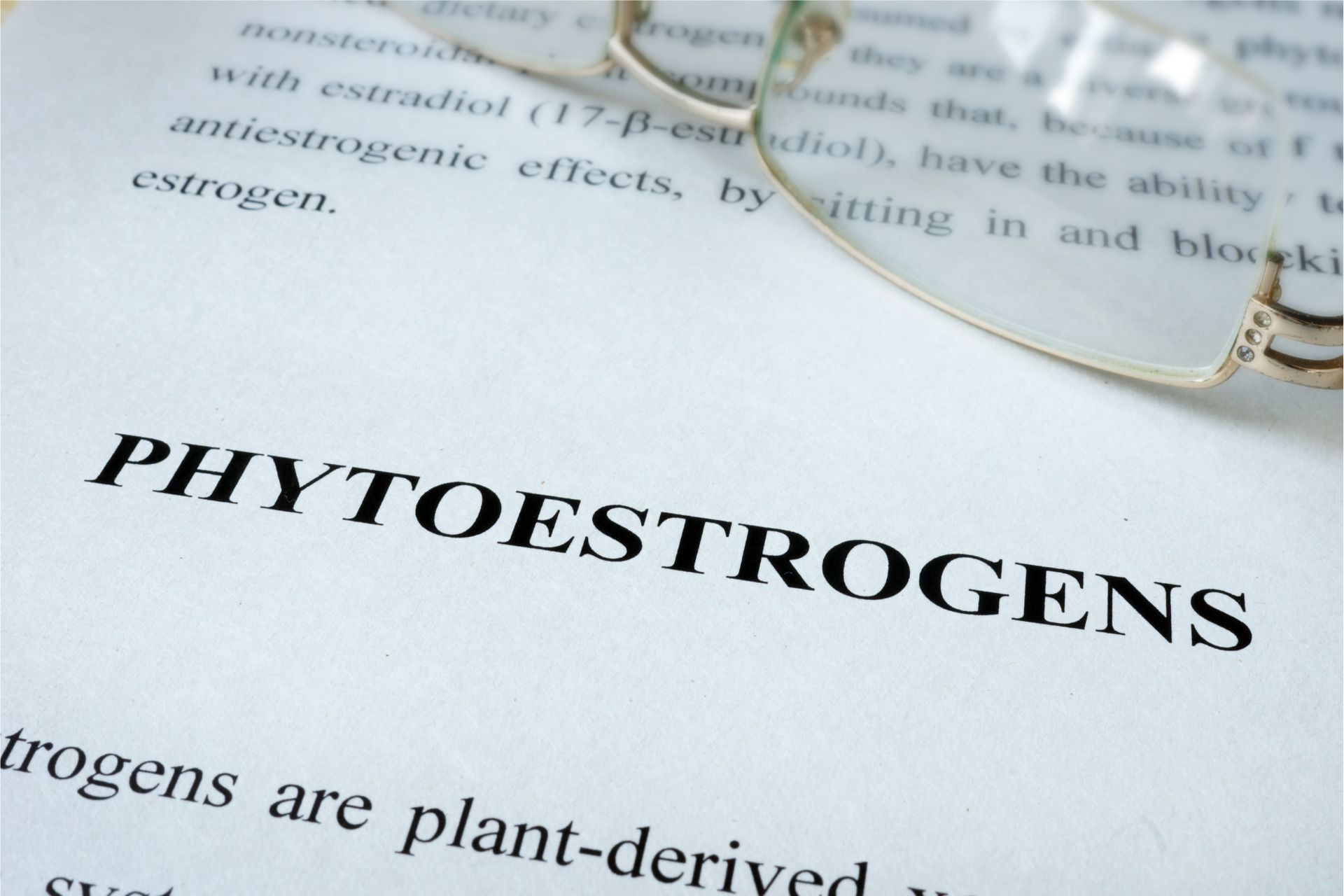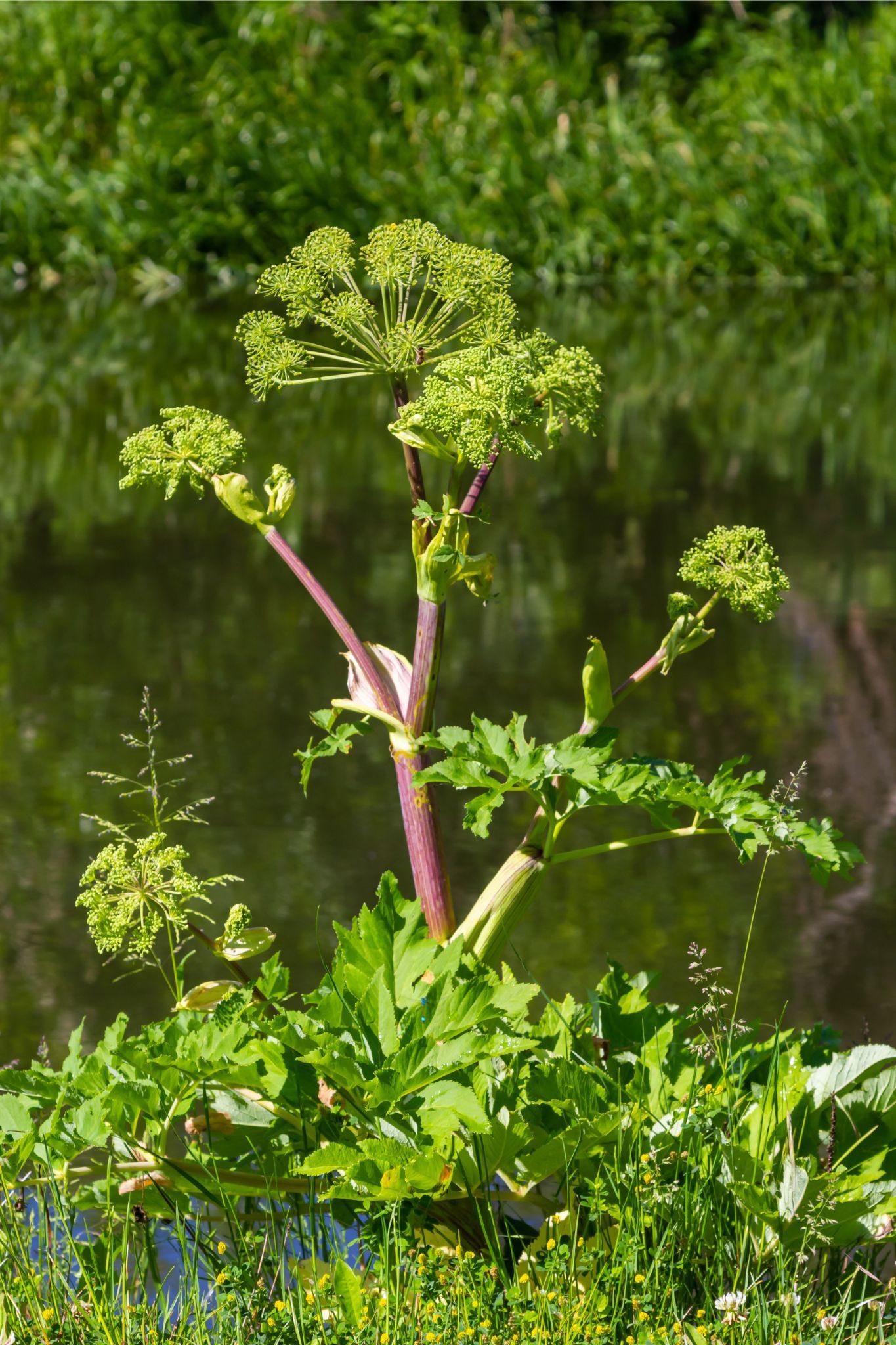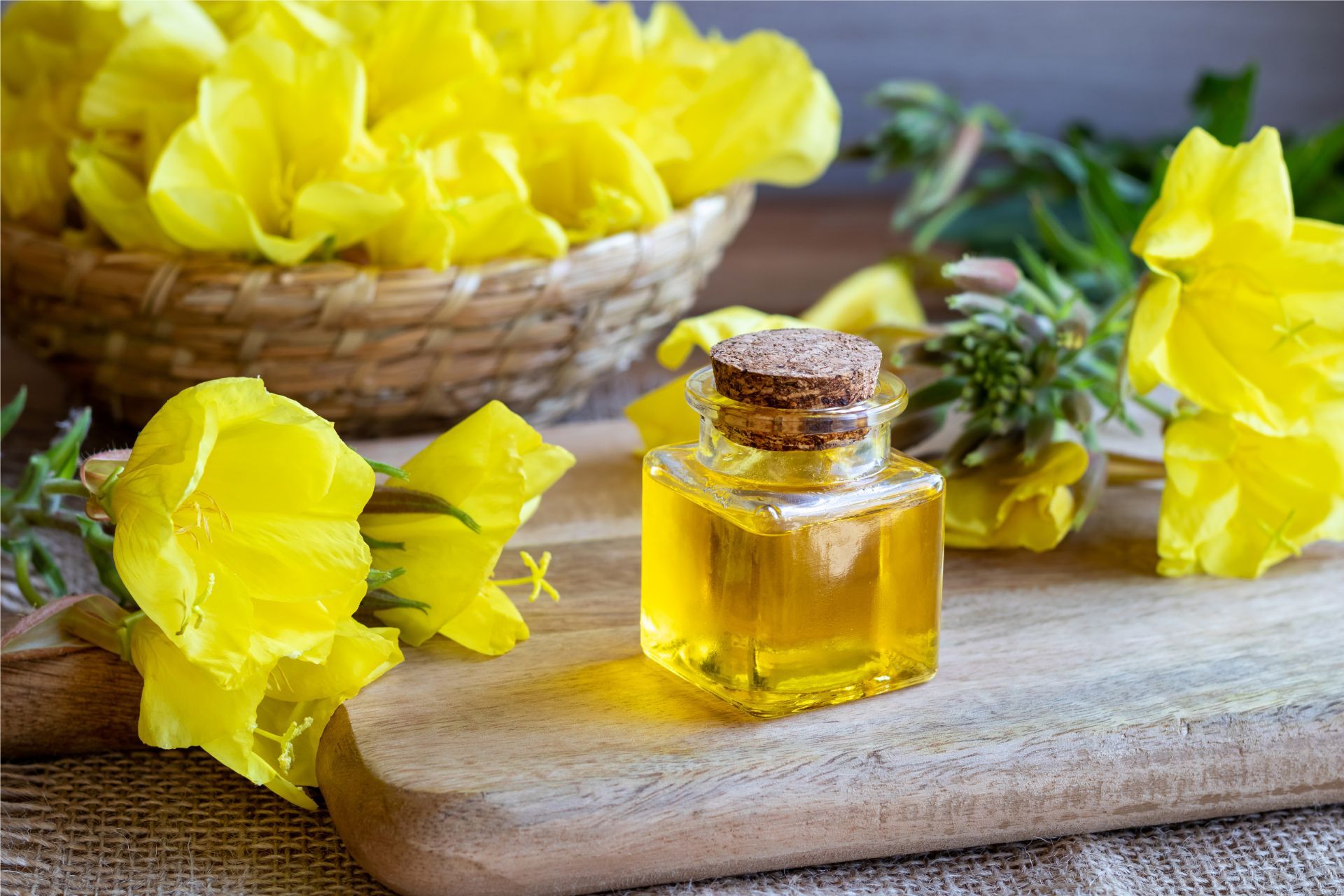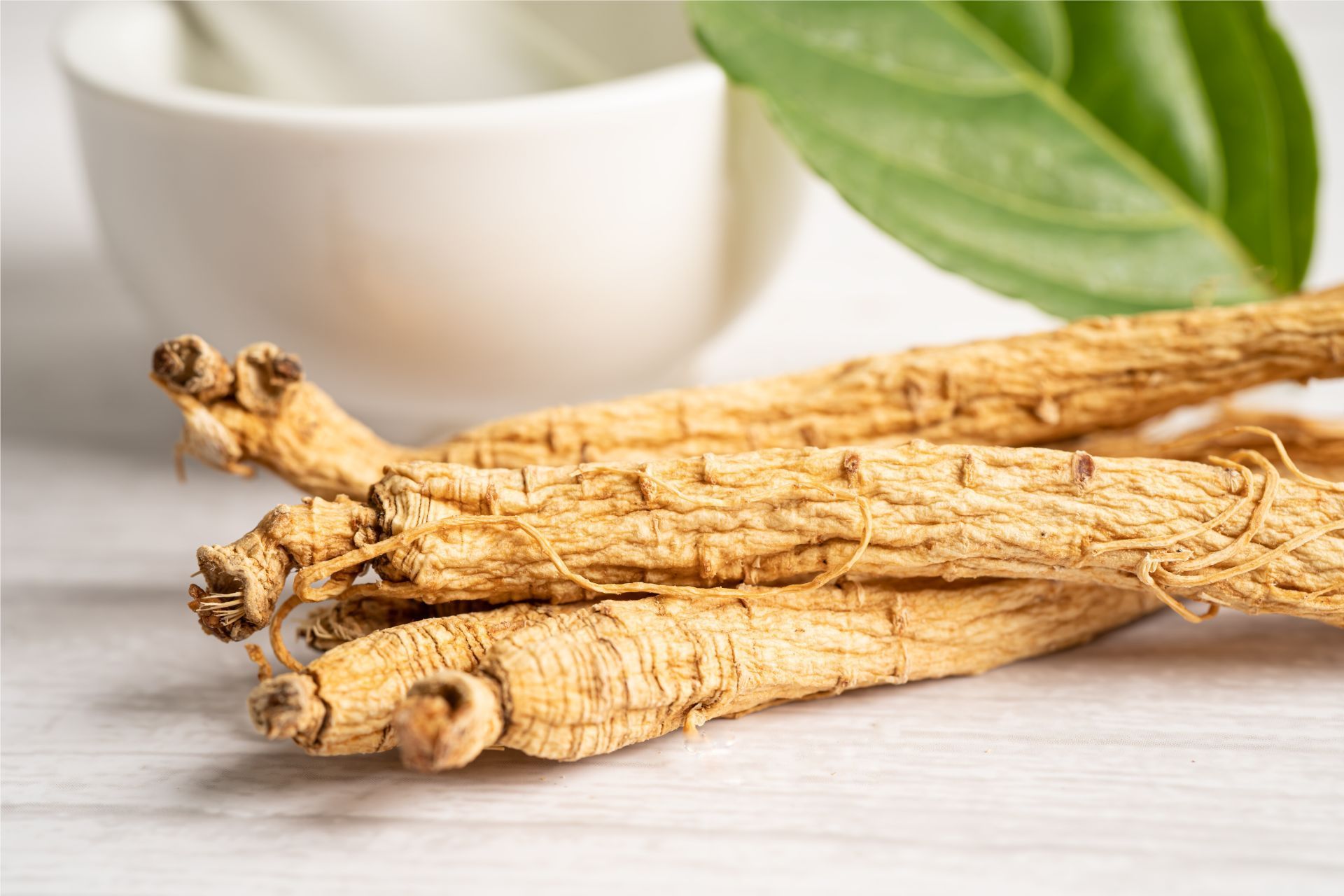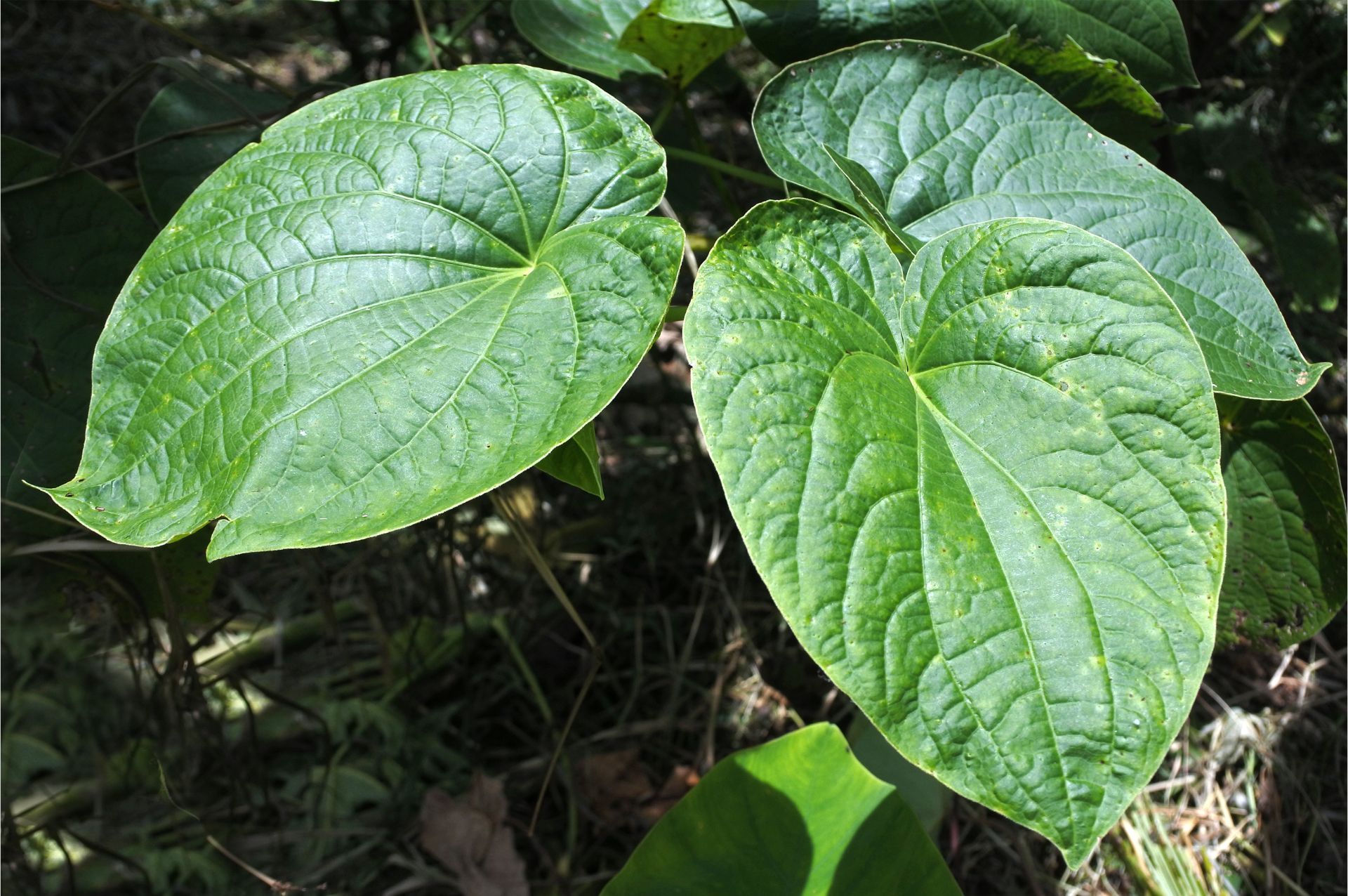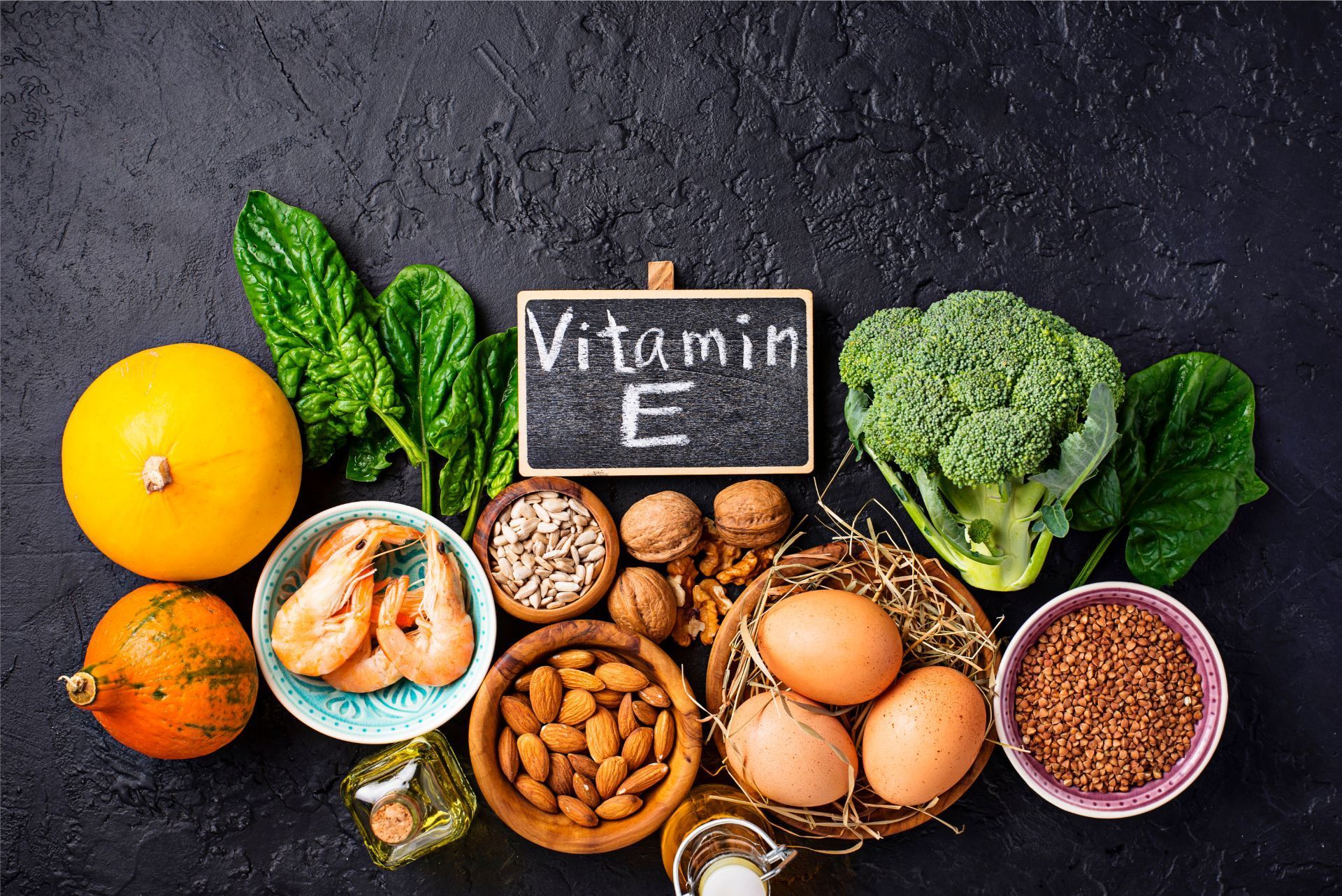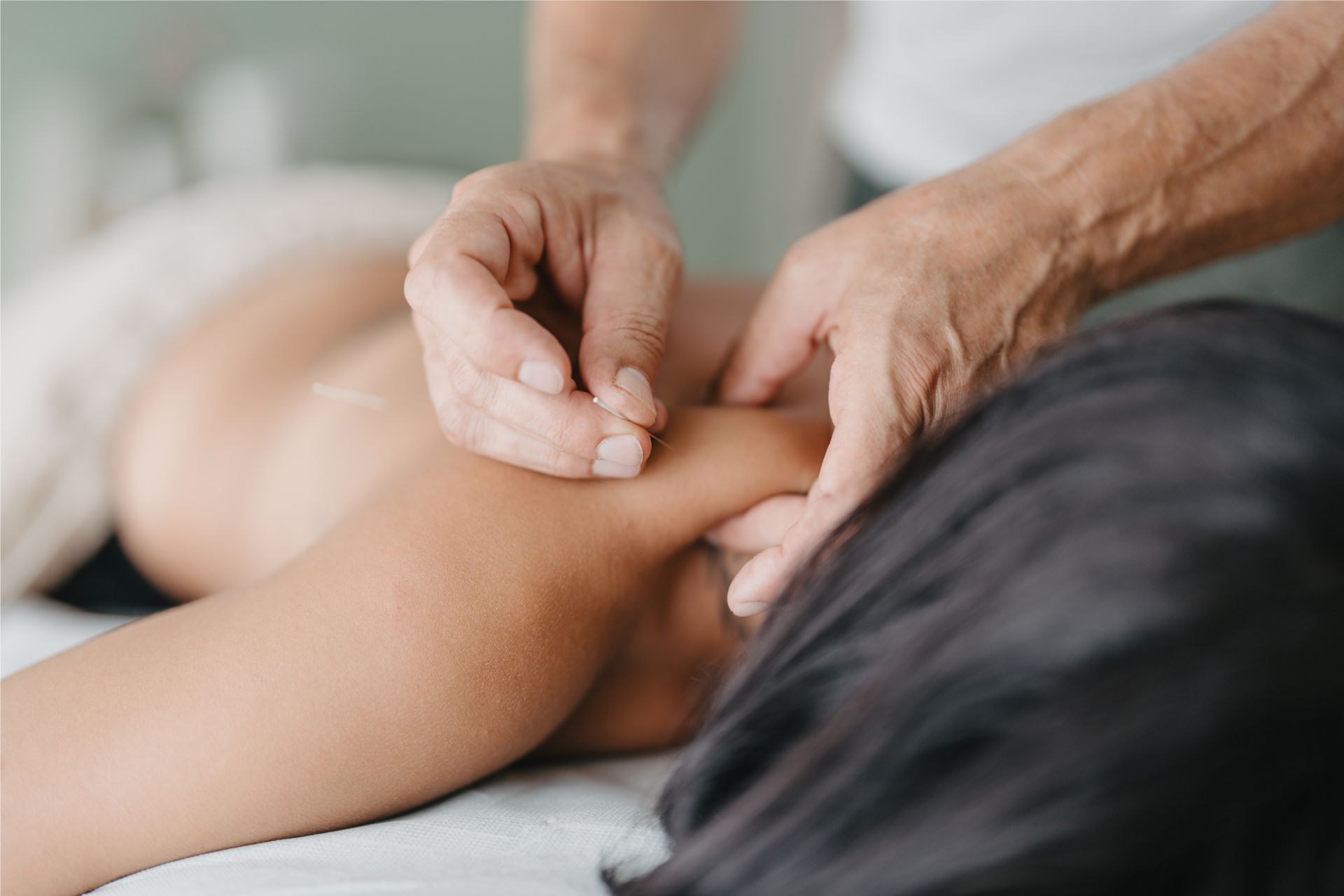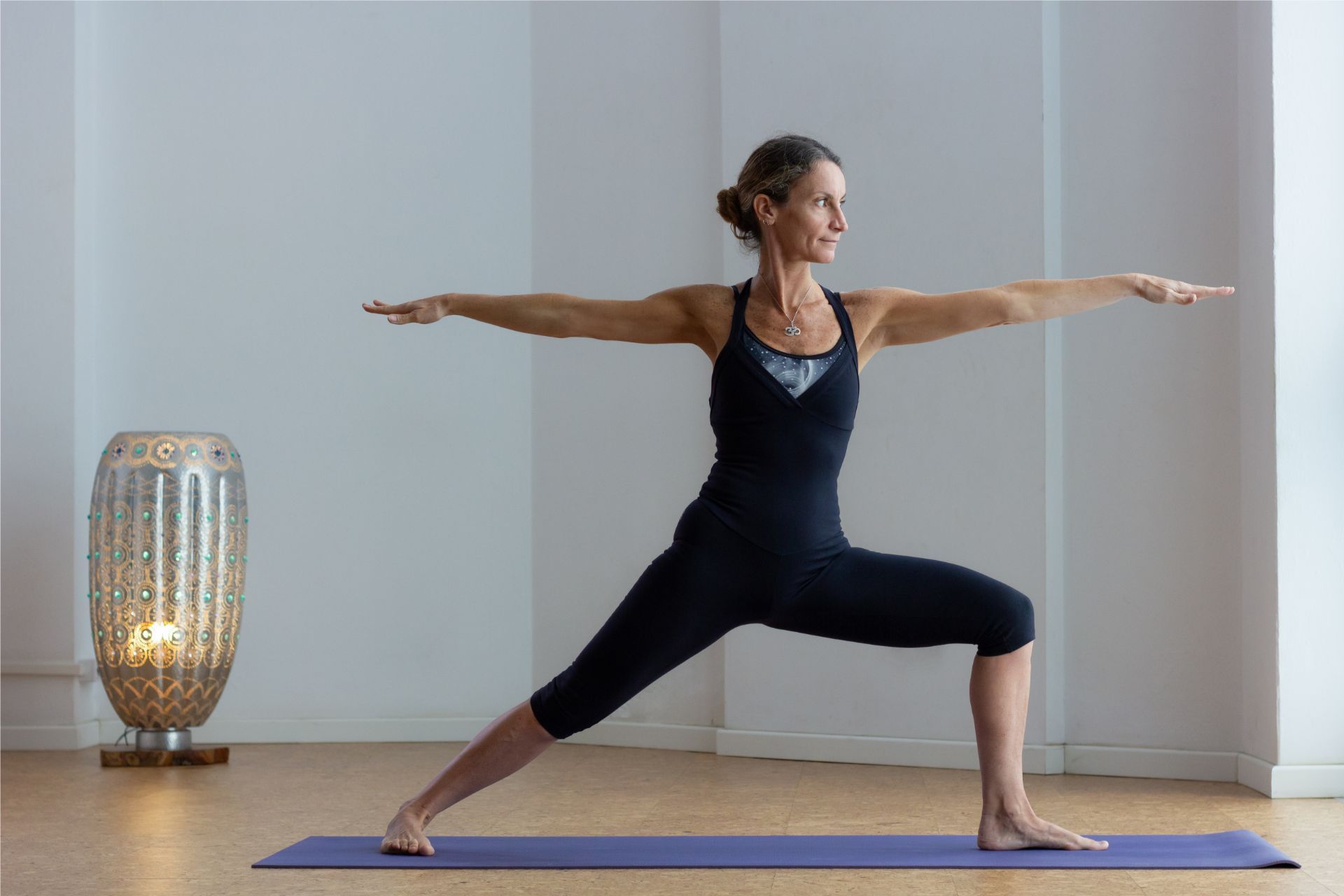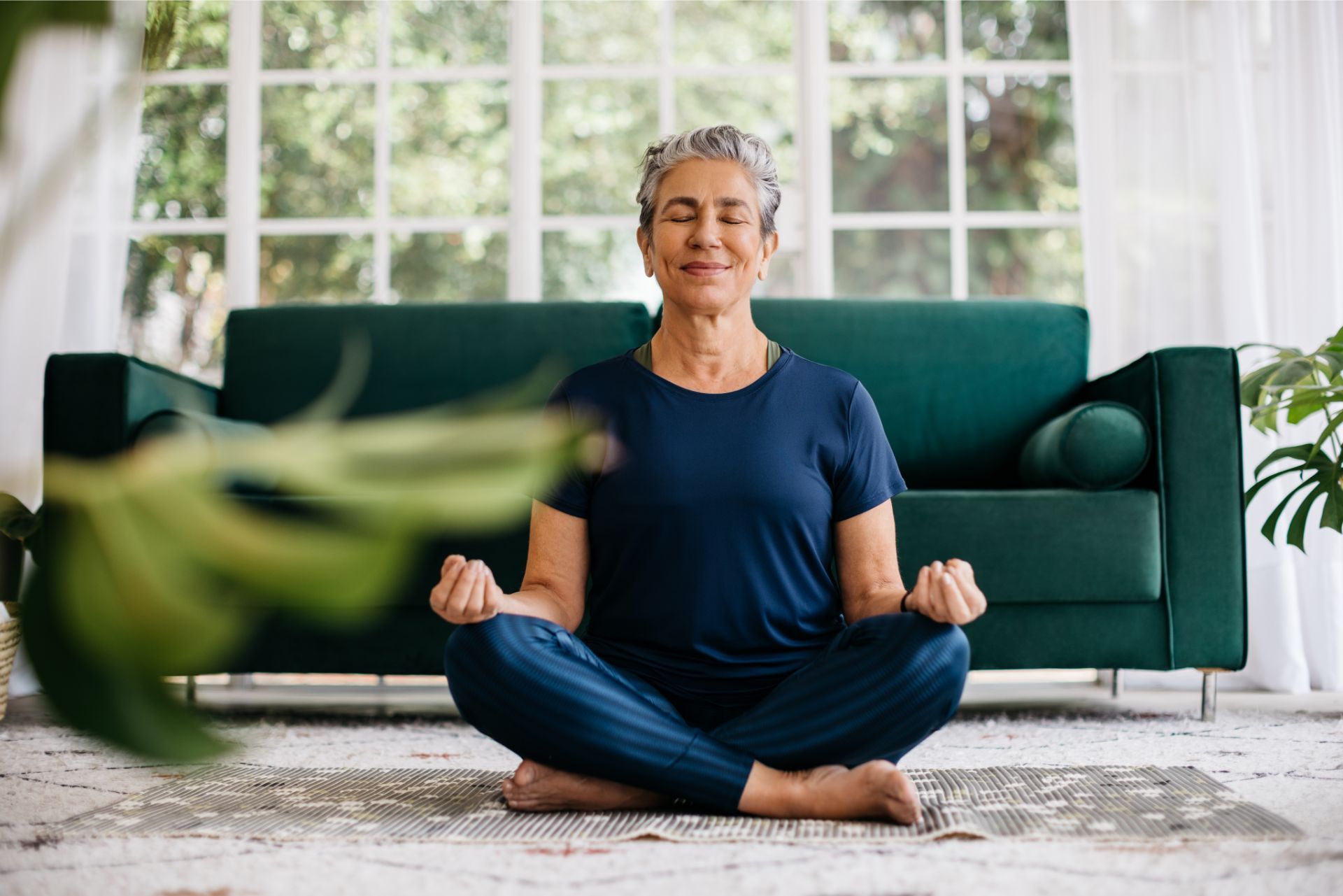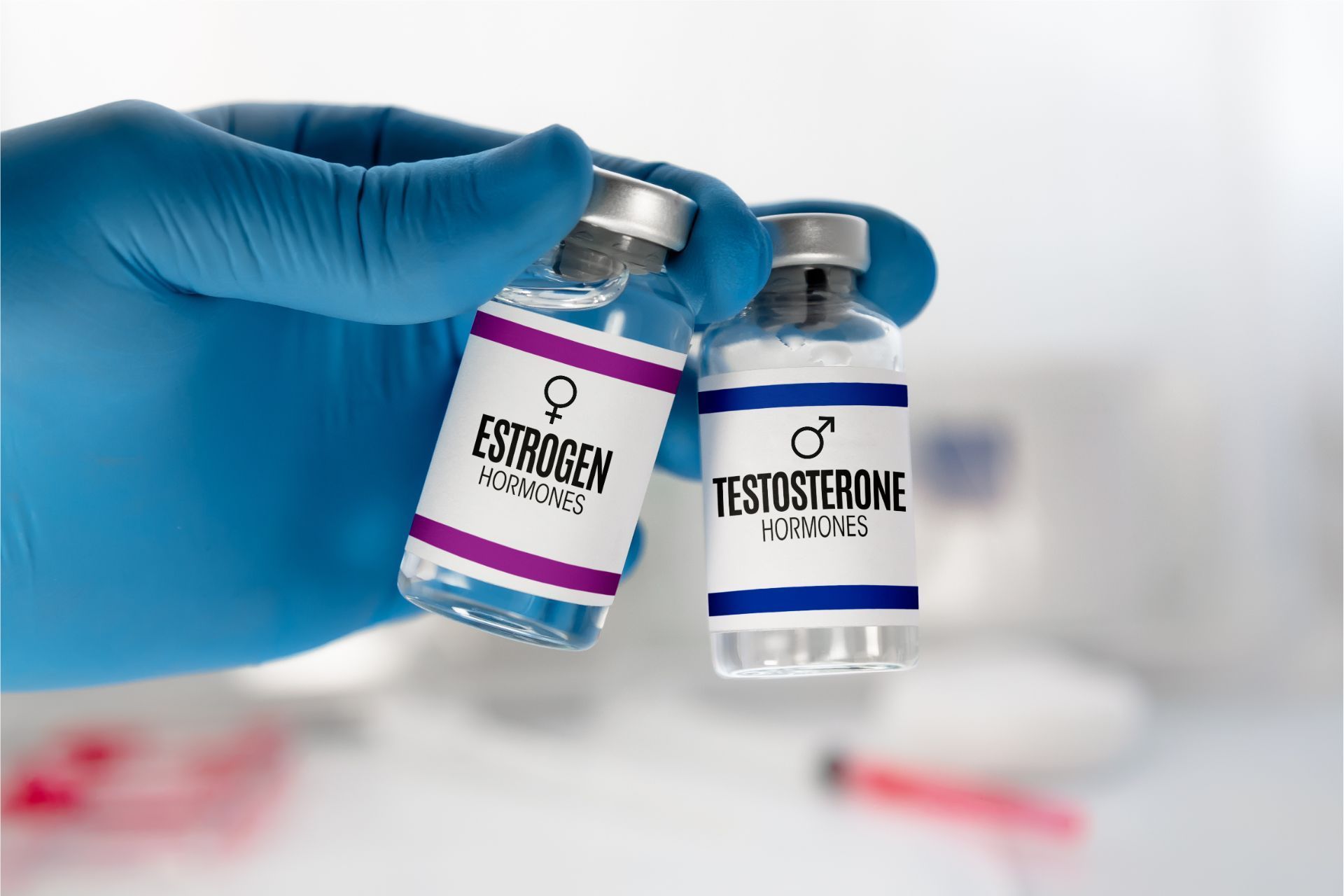Let’s talk about menopause!
This article will discuss menopause 101 and general approaches for women, including nutritional, physical, psychological, and conventional. I believe this article could serve as a guide for analyzing your own situation in depth.
Agenda
- What are the basics of menopause?
- What are the nutritional approaches to menopause?
- What are the physical approaches to menopause?
- What are the psychological approaches to menopause?
- What are the conventional approaches to menopause?
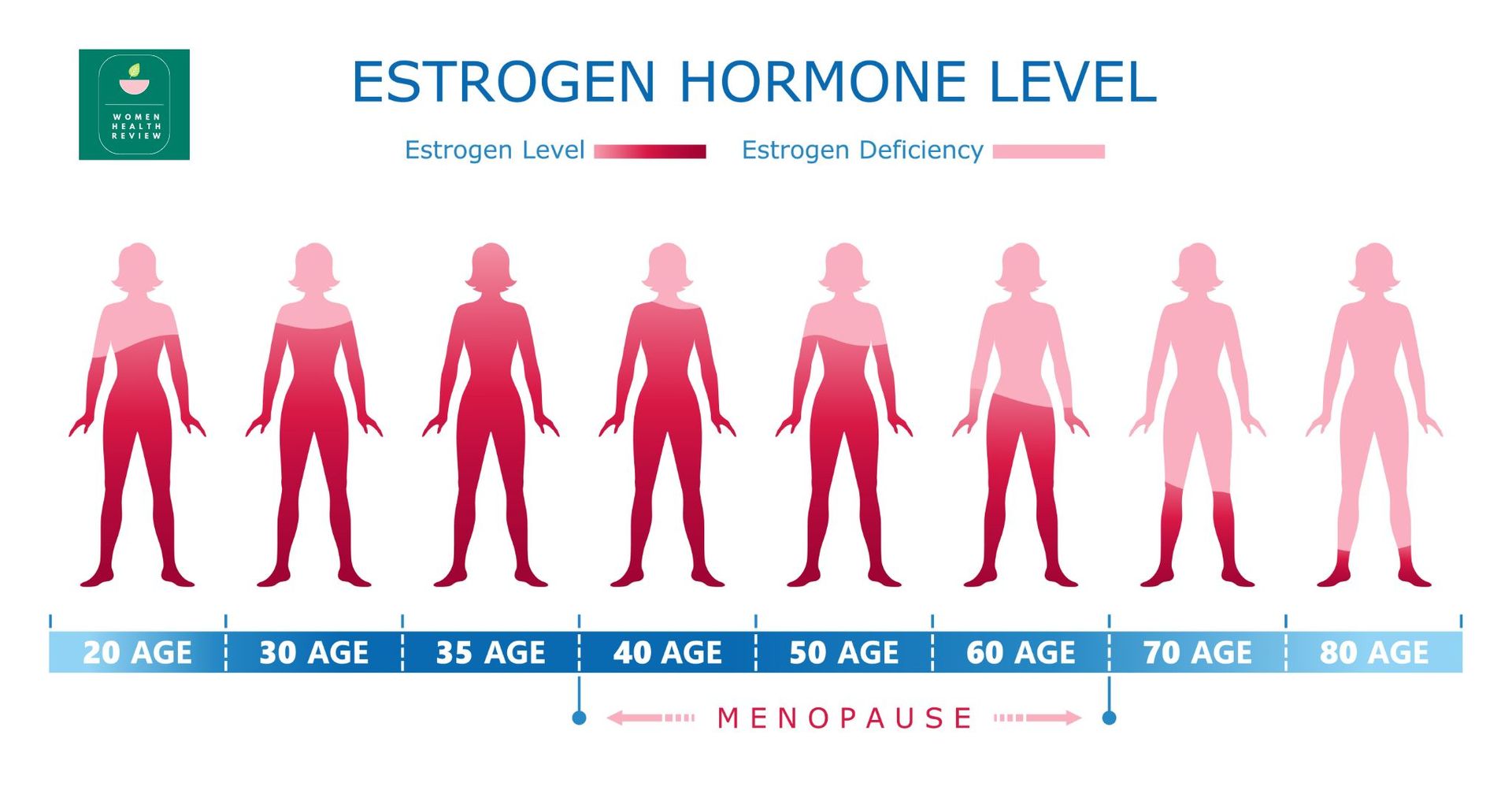
What are the basics of menopause?
Once a woman reaches menopause, she will no longer experience menstruation. On average, it occurs at age 51, however surgery and some medications might hasten the process.
Some women have unpleasant symptoms including hot flashes, night sweats, and inability to sleep in the years leading up to menopause, a period known as perimenopause or the menopausal transition. These signs and symptoms may persist for a few months to a few years.
Mood fluctuations, vaginal dryness, and inability to focus are additional symptoms that women may experience.
Let's examine the many perspectives on menopause and come out of this post with a better understanding of the transition and how to handle it.
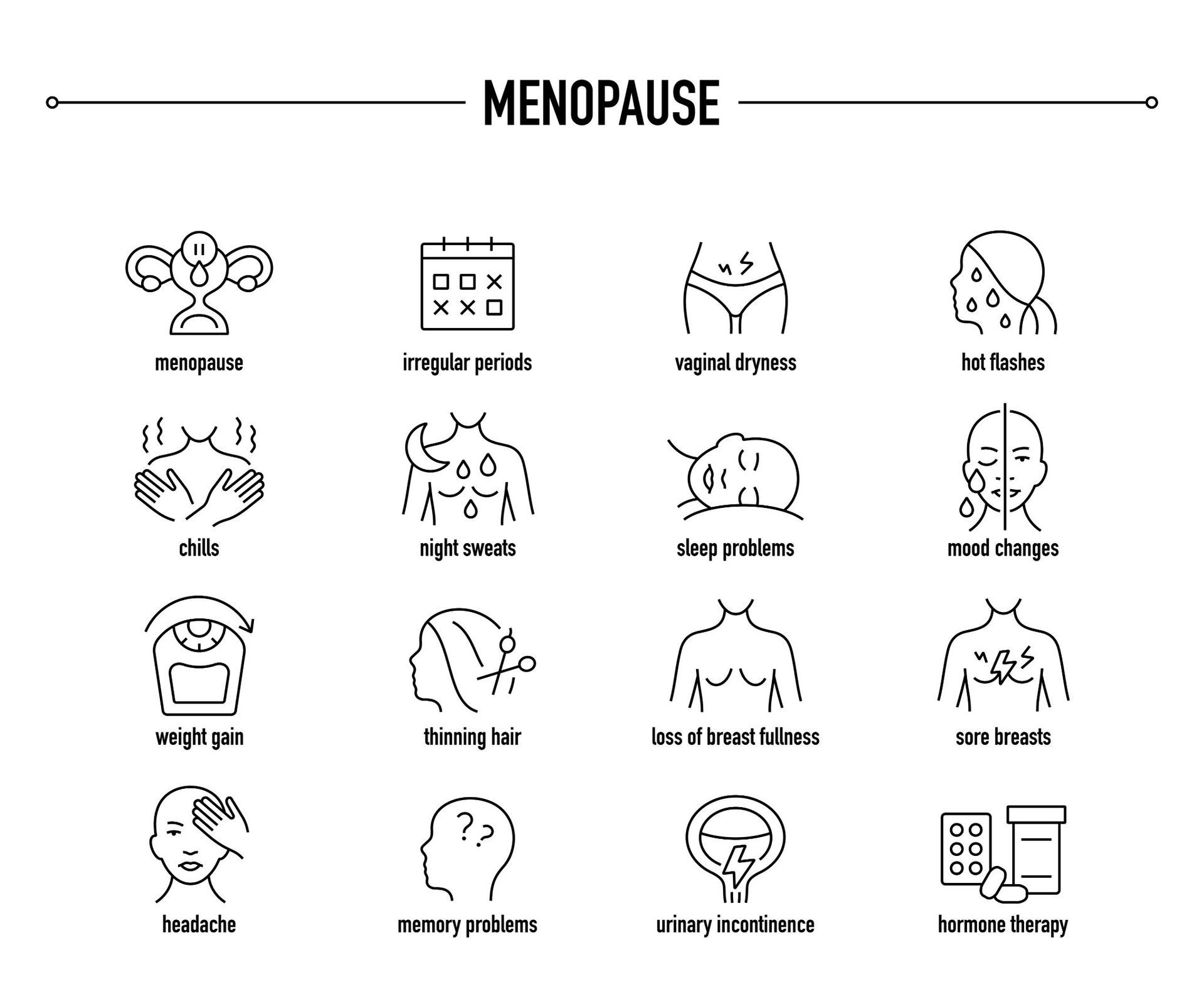
What are the nutritional approaches to menopause?
Numerous studies have looked into the effects of dietary supplements and other nutritional methods on menopausal symptoms. Below is a table with more details about some of the most widely studied dietary supplements for menopause symptoms. Before starting any new supplement regimen, it's smart to check in with your doctor.
Supplements are not meant to replace a healthy, well-rounded diet. Modifying your lifestyle with things like exercise and stress reduction can help with menopause symptoms as well.
What are the physical approaches to menopause?
Several physical approaches to menopause, such as acupuncture and yoga, can help alleviate some of its symptoms. The table below shows some quick facts.
What are the psychological approaches to menopause?
In recent years, psychological approaches to managing menopause symptoms have acquired popularity. Meditation is one approach of this type. A 2017 study found that women who practiced mindfulness meditation for eight weeks experienced a reduction in menopausal symptoms including hot flashes, night perspiration, and anxiety.
What are the conventional approaches to menopause?
The conventional treatments for menopause include hormone-based and non-hormonal treatments.
We hope that you enjoy reading this article. By joining our subscription list, we will keep you informed of additional women's health-related information.
This is Jessica, senior editor of WHR. I write about aging, menopause, and meditation for women.
See you again soon.
Jessica
WHR: Women Health Review
